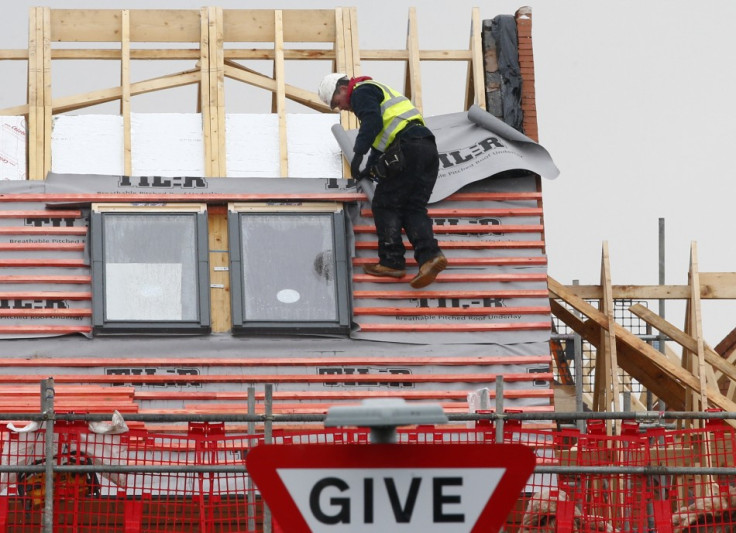UK Housing Market Faces 'Massive Strain' from Noughties Baby Boom

Britain's taut housing market will be put under "massive strain" because of the Noughties baby boom, according to a report by the National Housing Federation.
There is already a deficit in the housing market, as demand runs away from a dearth of supply in new affordable homes.
As the 6.9 million children born in the decade from 2001 to 2011 come of age, they will add to the melee of aspirant first-time homebuyers. Just 1.6 million new homes were built during the same period and, as a result, house prices will soar 42% by 2020.
Those unable to buy will be forced to live at home with relatives, or into a private rental market where housing costs are set to rise by 46% over the coming decade.
"We failed to fix the housing market for the Eighties baby-boomers because we simply didn't build enough homes. This means that, even with decent jobs, many are now struggling to raise a mortgage deposit or pay their rent," said NHF director Ruth Davison.
"But rather than learn from past mistakes, the country is still not building enough homes to tackle the problem.
"The situation will be even worse for the Millennium children. Seven years from now the eldest will be young adults, looking for work, seeking independence and dreaming of living in their own homes. If we expect them to take over the reins and drive the country forward in an increasingly competitive global economy, we must provide them with the foundations for a bright, stable future.
"Our government must look far beyond future elections and deliver a long-term house building programme that will create jobs, pump money back into the economy and give hope to millions of young people. Britain must say yes to more homes now. The future of the country - and our young people - depends on it."
Living Costs Rise as Wages Fall
The soaring cost of living and falling wages in real terms has left many young people struggling to save for a deposit on a mortgage. As a result many are reliant on the private rental sector, where they pay high rents because of the lack of supply of affordable homes.
The Treasury, restricted by an austerity programme of public spending cuts, will spend just £3bn a year for three years from 2015 on building 165,000 affordable homes. Chancellor George Osborne is hoping his mortgage market intervention, the Help to Buy Scheme, will spur on construction firms to build new affordable homes.
Help to Buy features a number of measures designed to make it easier for first time buyers to get a mortgage, such as offering an interest-free equity loan from the government. Osborne predicts that, as mortgages become easier to access, demand will spike and homebuilders will react by boosting supply.
However, critics say it will merely create a new property bubble by bloating prices even further, pumped by more demand. They say government must step in to address supply directly with more investment in social housing and affordable homes, something the Treasury says it cannot afford because of the deficit in public finances.
© Copyright IBTimes 2025. All rights reserved.






















